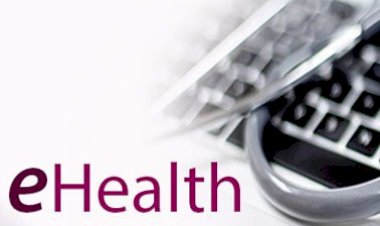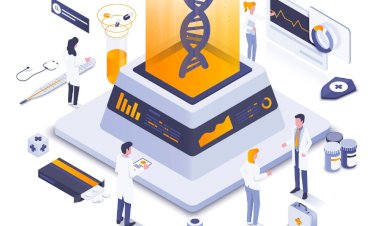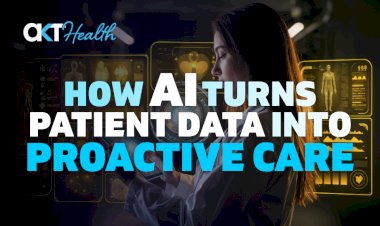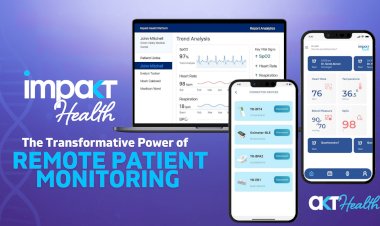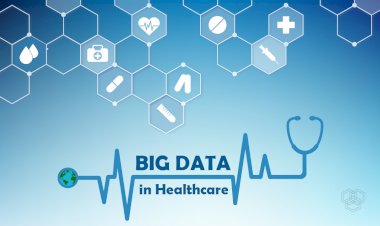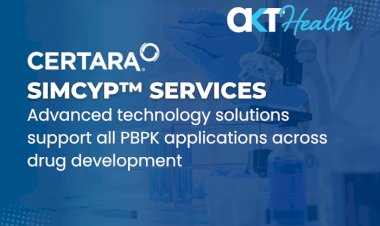How Can Blockchain Ensure Patient Data Security in Electronic Health Record Systems?
EHRs contain critical and extremely sensitive private information for diagnosis and treatment in healthcare. These data are a valuable source of healthcare intelligence. The sharing of healthcare data is an essential step toward making the healthcare system smarter and improving the quality of healthcare service.

What is Blockchain?
Blockchain can be defined as a data structure that holds transactional records while ensuring security, transparency, and decentralization. Blockchain technology is most simply described as a decentralized, distributed ledger that records the provenance of a digital asset.
Blockchain, sometimes referred to as Distributed Ledger Technology (DLT), makes the history of any digital asset unalterable and transparent using decentralization and cryptographic hashing.
How Does Blockchain Work?
Blockchain consists of three important concepts: blocks, nodes, and miners.
Blocks
Every chain consists of multiple blocks and each block has three basic elements. When the first block of a chain is created, a nonce generates the cryptographic hash. The data in the block is considered signed and forever tied to the nonce and hash unless it is mined.
Miners
Miners create new blocks on the chain through a process called mining. Miners use special software to solve the incredibly complex math problem of finding a nonce that generates an accepted hash.
Nodes
Every node has its own copy of the blockchain, and the network must algorithmically approve any newly mined block for the chain to be updated, trusted, and verified. Since blockchains are transparent, every action in the ledger can be easily checked and viewed.
Role of Blockchain in Ensuring Patient Data Security in Electronic Health Record Systems
EHRs contain critical and extremely sensitive private information for diagnosis and treatment in healthcare. These data are a valuable source of healthcare intelligence. The sharing of healthcare data is an essential step toward making the healthcare system smarter and improving the quality of healthcare service. An EHR is a structure in the digital format of a patient’s health data that is created and maintained throughout the patient’s life and is typically stored by and spread among multiple hospitals, clinics, and health providers.
Blockchain technology has the potential to transform health care by placing the patient at the center of the health system and increasing the security, privacy, and interoperability of health data. This technology could provide a new model for health information exchange (HIE) by making electronic health records (EHRs) more efficient and secure.
Blockchain could reinvent the way patient’s electronic health records are shared and stored by providing safer mechanisms for health information exchange of medical data in the healthcare industry, by securing it over a decentralized peer-to-peer network.
Supporting a sharing and trust mechanism, blockchain provides a possible future solution for data sharing, which could enable collaborative clinical decision-making in telemedicine and precision medicine.
In addition, patients are able to add consent statements at any point in their care journey – confident that the blockchain will hold them securely. Healthcare professionals can act upon those directives, and the systems that they use can interpret them as access control decisions – with the assurance that the system is adhering to patient wishes.
Using blockchain, providers could create a system of “smart contracts” that leverage a consistent, rule-based method for accessing patient data that can be permissioned to selected health organizations.
References
Blockchain use case: Electronic health records. (2018, December 18). Retrieved June 04, 2020, from https://www.healthcareitnews.com/news/blockchain-use-case-electronic-health-records
https://healthitanalytics.com/features/exploring-the-use-of-blockchain-for-ehrs-healthcare-big-data

 Meghana
Meghana 






